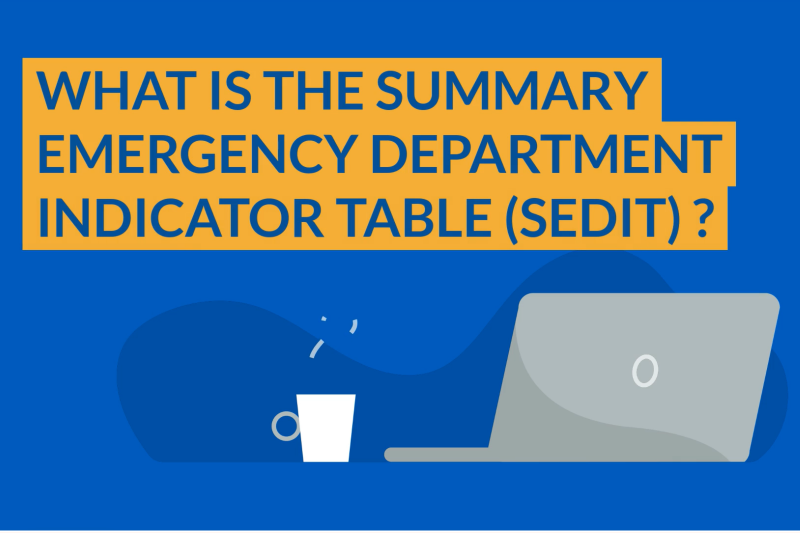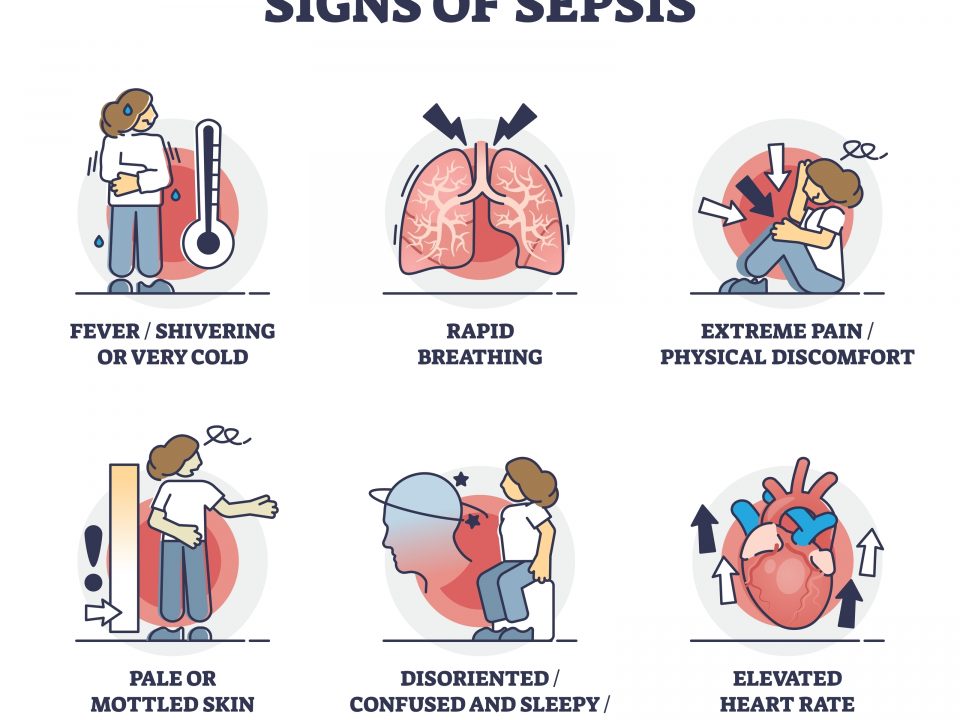
Recreational Nitrous Oxide to Become Illegal
6th November 2023
GIRFT – Why the New Pathway for Diabetes Care is in Place
12th December 2023The Royal College of Physicians, in conjunction with GIRFT (Getting it Right First Time), has issued a statement to promote a ‘consistent and coordinated’ approach to the care and management of patients. This encompasses all medical specialities, and is prompted in part due to the recent unprecedented challenges which clinicians in all areas faced during and after the pandemic.
The statement recognises the outstanding work already being done across the country to address the care backlog. It puts in place recommendations to adopt new pathways to manage care planning and delivery from admission through to discharge and beyond. The importance of all clinical interdependencies working together is emphasised.
The main key areas are outlined below.
Rapid access to a senior decision-maker for speciality advice and assessment
Acute medicine teams and physicians provide assessment in Emergency Departments and play a central role in rapid decision-making. These should liaise with medical specialities according to the individual needs of the patient, and in cases where patients need urgent diagnosis and care, same-day assessment should be provided to avoid admission and enable early discharge where appropriate.
The aim should be for enhanced recovery, early mobilisation and a better outcome for the patient. A senior decision-maker should be on hand to coordinate and handle all referrals from ED and primary care with reference to cross-speciality input where necessary. Providing adequate capacity and staffing is in place. This should be considered a routine 24-hour daily commitment with continuity for up to 72 hours where needed.
A senior decision-maker should have access within 30 minutes to speciality advice at consultant level from other specialities and GPs, including out-of-hours in order to ensure the correct care pathways are implemented for all patients, whether requiring admission or not. The senior decision-maker should be a member of the multidisciplinary team who can cover all areas of the patient’s care, including discharge, follow-up, transfer and specialist investigations.
Ward-based care beyond acute medical units
Bed management teams, operational managers, clinicians and specialists should all work together to ensure that patients transferred onto wards receive the best appropriate care. This must be done in line with RCP guidance on safe medical staffing. Where multi-specialty and multi-disciplinary care is required, clear responsibility for care coordination should be implemented.
The RCP provides guidance on 7-day speciality consultant-led ward rounds to provide daily assessment, care planning, investigation, treatment and discharge planning to support best practice for patients, families, carers and medical teams. The nurse directly involved in the patient’s care should be included in ward rounds.
The advice is to follow base ward and ‘buddy’ ward systems to avoid safari ward rounds, the advantage being that surgical wards can be buddied up with the appropriate speciality ward to provide surgical clinicians with access to a speciality medical opinion.
RCP guidelines on best modern ward round practice also include the requirement for planned discharge times and dates to be assessed by a multi-disciplinary team. These must be agreed upon as early as possible in the patient’s care. This should be monitored, and any failures reported to assist in future planning and practice.
Patients with complex and general medical needs should receive early follow-up to ensure optimum recovery and/or identification of complications. This should be included in job plans along with a note of the patient’s best needs and time preferences, where possible.
Virtual wards
We are increasingly leaning towards a system of home and other community care where it is appropriate for the patient. Community and hospital-based staff should coordinate assessment and treatment/care plans when hospitalisation is deemed unnecessary or early discharge from the hospital is appropriate.
This can only be achieved successfully with support from technology, local clinical leaders, operational managers and network administration.





1 Comment
[…] to the national review by GIRFT (Getting it Right First Time), recent figures show that there are around 15.5 million admissions to UK Emergency Departments […]